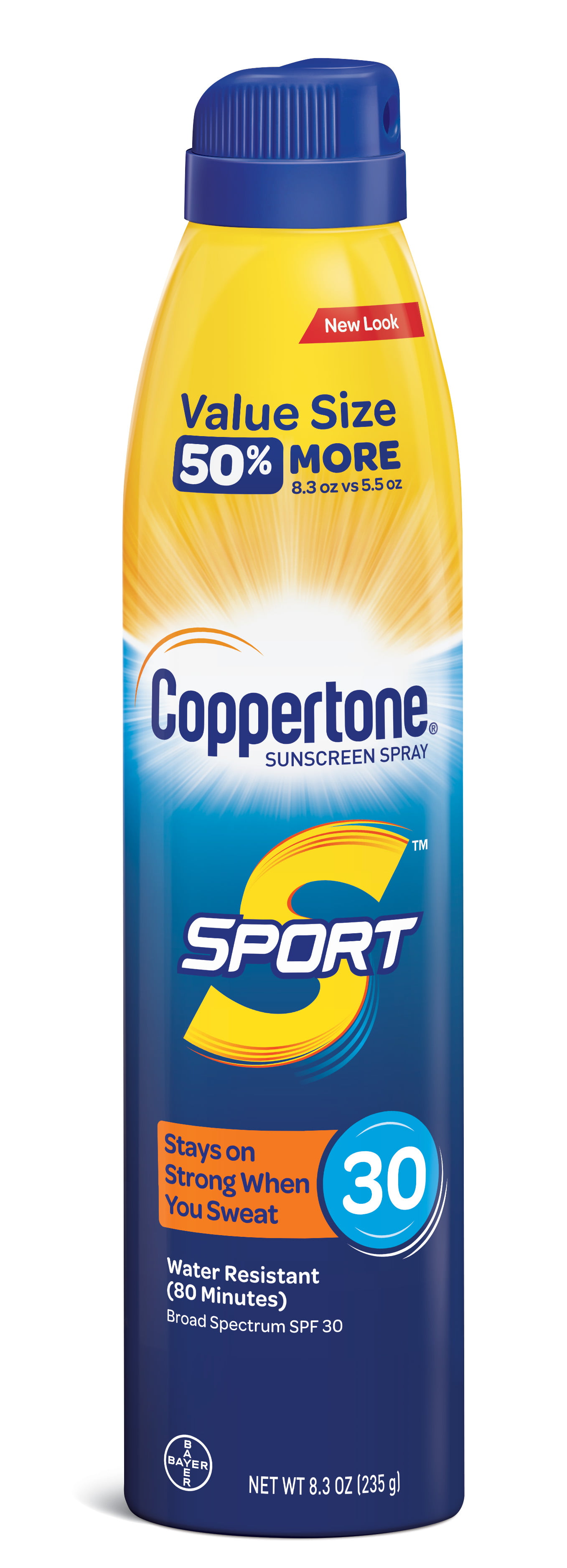
She also analyzed thousands of product reviews and only included products with at least a 4-star average rating. She researched and considered everything from price and ingredients to overall value. Ready to soak up the sun? Then be sure to order one of these beauty editor-approved spray sunscreens. While this contamination was a cause for concern, benzene is not an ingredient used in sunscreens of any kind, and none of the sunscreens on this lists were included in the recalls. During the summer and fall of 2021 and the fall of 2021, a handful of spray sunscreens from Neutrogena, Aveeno, and Coppertone were recalled due to their formulas being contaminated with low levels of benzene, a carcinogen that can increase the risk of leukemia and other blood disorders. In January 2023, there was a voluntary recall of the Banana Boat Hair & Scalp Spray SPF 30.
#Spray sunscreen skin
Oily skin types, on the other hand, should pick a mattifying formula with oil-balancing ingredients like the Alba Botanica Sensitive Sunscreen Spray SPF 50. Drier skin types should choose hydrating formulas with ingredients such as hyaluronic acid in the aforementioned Kate Sommerville SPF.
#Spray sunscreen free
If your skin is sensitive and acne-prone, look for non-comedogenic formulas free of irritants such as synthetic fragrances that block pores. Keeping your skin type in mind is crucial for avoiding skin concerns such as acne or greasiness. They also boast added skin benefits, such as mattifying the face or setting your makeup so it lasts longer. On the other hand, lightweight spray sunscreens, including Supergoop! (Re) Setting Refreshing Mist SPF 40 and Kate Sommerville UncompliKated SPF 50 Soft Focus Makeup Setting Spray, are designed not to cause zits. For example, those dealing with acne on their face wouldn't want to use a spray sunscreen made for the body because the hydrating ingredients in body sunscreen might congest their pores and lead to more pimples and blackheads. The skin on our bodies can handle more intensive ingredients than our more delicate face and scalp. Real talk: SPF for the body isn't ideal for the face and scalp. That includes often-neglected areas, such as the scalp, ears, behind the neck, and on the hands and feet.

In order to protect our delicate skin, the AAD suggests reapplying sunscreen every 2 hours to all exposed areas of skin. Reapplication is also essential to keeping the skin protected from harmful sun rays. The AAD also prefers water- and sweat-resistant formulas to ensure sun protection doesn't wash or sweat away after applying it.

Not all SPFs work equally: According to the American Academy of Dermatology (AAD), the most effective sunscreens have a broad-spectrum (as in, covers both UVA + UVB rays) SPF rating of at least 30 to keep the skin guarded during the day.

Before ordering spray sunscreen, there are three major factors to consider, including the sun protection factor (SPF), your skin type, and the controversial ingredient worth avoiding at all times.


 0 kommentar(er)
0 kommentar(er)
